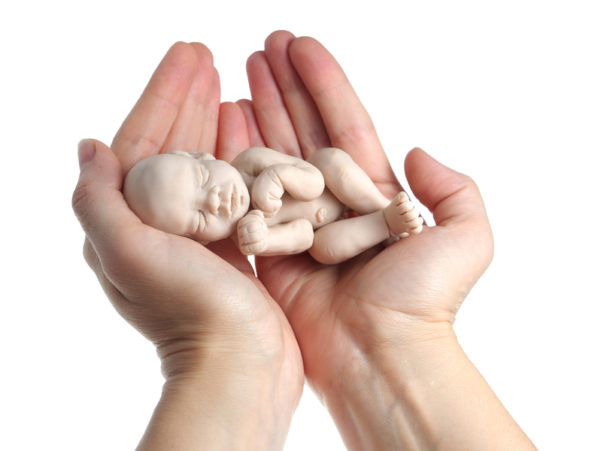The Irish State seems to have a “deep seated aversion” to the unborn child. Who said that? It might surprise you that it was not a pro-life activist, but rather High Court judge and former Labour party councillor, Richard Humphreys. In July, he delivered a judgement that the unborn child enjoys more rights and protections than simply the right to life. It was a very important ruling with obvious implications for our Minister for Children, Katherine Zappone, who only seems to consider the needs of the born child.
In a deportation case that also involved a pregnant mother, Counsel for the Minister for Justice and Equality argued that the unborn child’s only constitutional protection was its right to life and that no other rights of the child, present or future, could be taken into account by the courts.
The Judge, however, noted the inconsistency of considering the prospective rights of other people while refusing to do the same for the unborn child. In striking language, he said there no reason for this, nor any explanation “other than what seems to be a remarkably deep-seated aversion to acknowledging the position of the unborn child”.
The Minister for Justice offered a peculiar reading of article 40.3.3: in recognising the right to life, he believed it somehow “swept away” all other rights the unborn may have enjoyed. The Judge, however, noted many other sections of the Constitution that could not be read this way, so why do so for the unborn? His response is scathing: “Unless, that is, that by some perverse form of hostility to the rights of this particular category of human entity, . . . we are to have some sort of special principles of constitutional interpretation that apply to the disadvantage of the unborn and the unborn alone”.
The Judge proceeded to cite a wide range of rights and protections afforded to the unborn child in common and statute law, in a variety of legal contexts (property, tort, criminal), and he vouched for the intelligibility of such a position. “Since we were all unborn at one point, it is illogical to be dismissive of the natural, human and biological reality that there is continuity between the rights to be enjoyed before birth and those after birth”.
On the other hand: “To decline to consider the wider rights of the unborn child is to deliberately shut one’s eyes to reality . . .”.
Next, regarding the scope of the Children’s amendment, the judge was again scathing in his critique of the State’s argument that unborn children are excluded from it. “In my view, an unborn child is clearly a child and thus, protected by Article 42A [the new children’s right article]. Any other conclusion would fly in the face of the ordinary meaning of language, the use of the term “child” in numerous statutory contexts prior to the adoption of Article 42A, and the sheer social, biological and human reality that an unborn child is, indeed, a child. Ask any happily expectant parent”.
Worse, for the State to claim that the unborn’s inability to exercise some of the rights of a child thereby makes it somehow less of a child, Justice Humphreys responded: “it is facetious to offer the rationale of non-exercisability, as the State in substance attempted to do in this case, as a simplistic and almost sneering basis to diminish or dismiss the status of the unborn child.”
Justice Humphreys also looked at a previous High Court judgement that likewise limited the unborn to the right to life and questioned whether that included a right not to be injured, if the injury was not fatal. To this Justice Humphreys expressed a note of exasperation and indignation: “It would be an understatement to call this proposition unattractive. Insofar as the Constitution upholds the values of humanity and decency inherent in a democratic state, such an argument is wholly unacceptable.”
Examining these statements, it is clear that the unborn is considered a child, and indeed, a person for legal purposes, bearing the rights and protections of a child well beyond the right to life. There is no rational basis in law for denying this, nor any reason to reduce the unborn child to some disfavoured status. If that be the case, then surely there are implications for the Minister for Children and her mandate to protect all children. Does that mandate not oblige her to include unborn children?

















